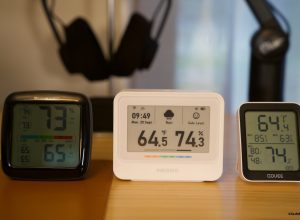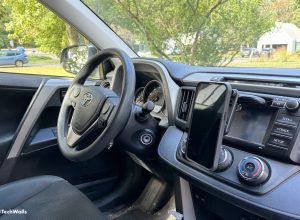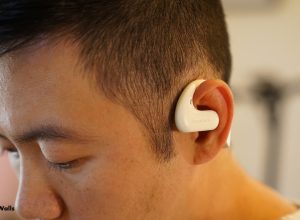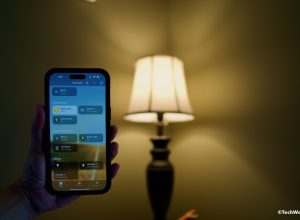Look for a VPN, and you will find dozens of them claiming that they have a vast network of servers spread all around the world. A lot of VPN providers even provide you with an exact figure too. Private Internet Access, for instance, claims that it has VPN servers located in 33 countries. NordVPN claims to have 5,000 servers. While ExpressVPN boasts of having more than 3,000 servers.
Undoubtedly, having servers located across the world has its own benefits. The more locations are available at your disposal, the greater is the chance that you will be able to unblock geo-blocked websites and content.
For instance, if you want to watch a web series which is available only in South Korea, having a VPN with its servers in this country would help you out.
What’s more, if a VPN has its servers closer to your location, you will be able to get better performance.
But all this is theory.
The reality is far different.
Even if your chosen VPN provider provides you with an array of servers on a map, the things might not always be true. This is perhaps it is highly recommended to have a look at the VPN reviews before choosing one.
Finding the Real VPN Location
Things are not always as they seem. Your VPN server might not be in the exact same country as your provider claims. But thankfully, there are ways you can figure out the things yourself.
Find your current IP address online
There are a lot of websites on the internet which can provide you with your current IP address, its location and others.
One such website is WhatIsMyIP.com which can help you in finding the VPN location through your IP address. All you need to do is connect to a VPN server, visit this website, and you will able to find your IPv4, IPv6 and local IP addresses, and even your ISP.
It is important to mention here that finding geolocation through this method is not always 100% accurate, as the suggested city might be 200 miles away from the real location.
But in any case, you will be able to have an idea. You might even like to check other providers. IPLocation.net is another online service which helps you in finding your current location.
If the results provided by all these servers show the same country, then your VPN server is pretty much located there. However, if you get mixed results, it is sure that you will experience the same uncertainty online.
Your VPN will work fine on some websites, but not on others, depending on how they detect your server’s location.
Ping the IP address
To find out if your VPN is actually located somewhere else than what is claimed, you need to make use of this method.
In here, simply connect to a VPN location, and visit ping.pe. As you do this, you will able to find your current IP address and location.
Copy this IP address and paste it in the ‘ping’ box situated at the top of the page and hit Go.
If the page shows 100% loss and if the website was unable to ping the said IP address, you will need to enter the VPN server name. You can find the server name on the website of your provider. If you are unable to find, you can contact their support to get the required details.
Website ping.pe pings your IP address from 30 locations around the world. The lower time this website takes to ping your IP address, the nearer is your VPN server to that location. This could provide you with some insight into the location of your VPN server.
For instance, let’s assume that you connect yourself to an Israel server, and the lowest ping averages come out to be New York (1.3), San Francisco (25.88) and Chicago (20.1). This means that the virtual location of the server is in the US but it is being assigned an Israel IP address.
This could have a deeper meaning. Since the server is located in Israel as your provider claims, you should get better performance when you are in Israel. But as it turns out, the performance will be the best when in New York. This all depends on circumstances, though.
The Final Words
As is evident, discovering the exact location of your VPN server can reveal a lot about their performance, service and how it will work for you.
Give this method a try, and have some real insights!
Disclosure: We might earn commission from qualifying purchases. The commission help keep the rest of my content free, so thank you!




